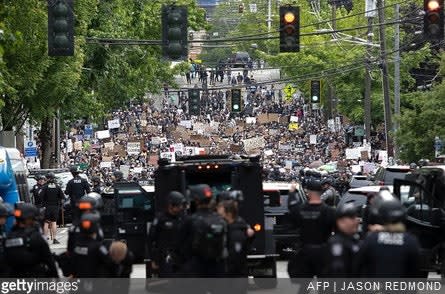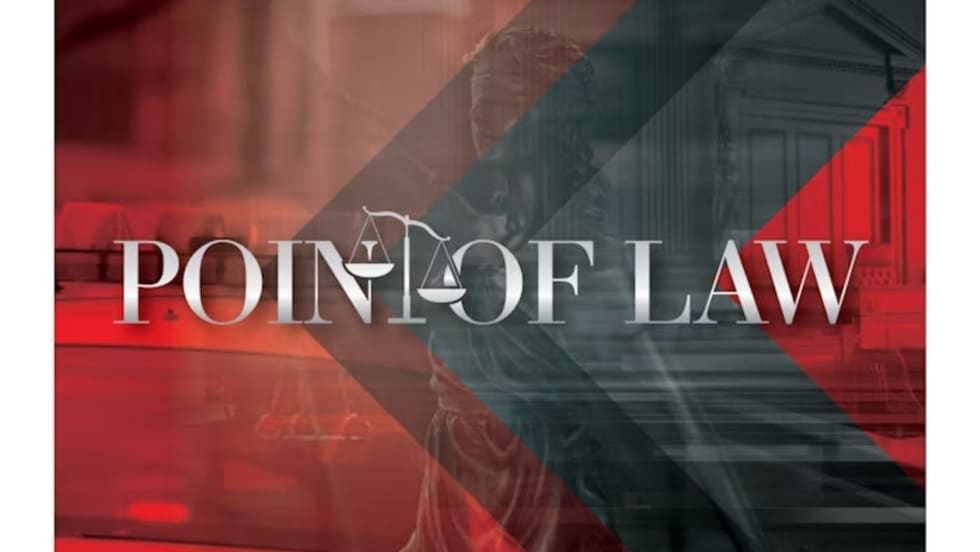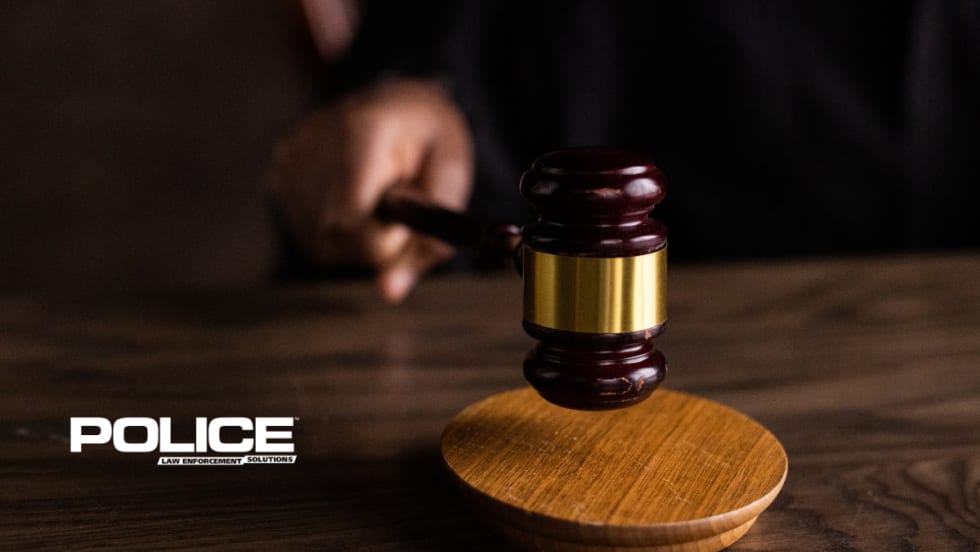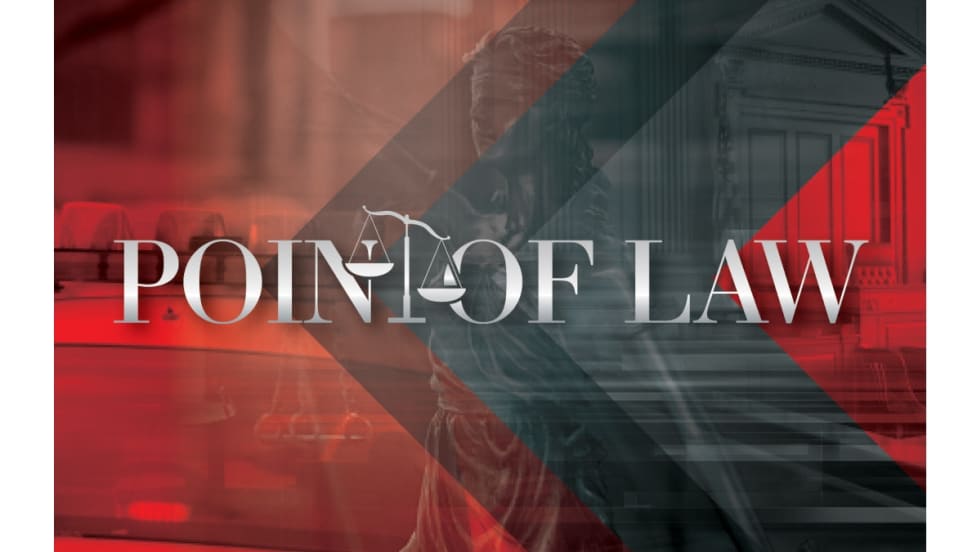A federal judge has found the Seattle Police Department in contempt for violating an order to stop the "indiscriminate" use of chemical irritants or projectiles against protesters except in cases where officers faced imminent danger.
Judge Holds Seattle Police in Contempt Over Use of Less-Lethal Weapons at Protests
The Monday ruling by Judge Richard Jones of the Western District of Washington in Seattle said the department had failed to prove that its use of pepper spray, Pepperballs, blast balls and paint balls during four 2020 protests was warranted.

The Monday ruling by Judge Richard Jones of the Western District of Washington in Seattle said the department had failed to prove that its use of pepper spray, Pepperballs, blast balls and paint balls during four 2020 protests was warranted.
However, after reviewing a trove of evidence, including videos and police reports, Jones said officers were justified in responding with those weapons in another four instances.
The SPD had justified the blast balls, pepper spray, pepper balls and paint balls saying they are imperative to creating separation between protesters and officers. But Jones said that's not an authorized basis to use the weapons, NPR reports.
Jones did find the department was in compliance with the order in four confrontations, including after an officer was hit in the head with a bat. He sprayed several protesters with pepper spray while making his way back behind police lines. In another incident, an officer threw a blast ball into a crowd to reroute protesters after a Molotov cocktail was thrown, nearly hitting a demonstrator.
More Point of Law

Point of Law: The Limits of Electronic Searches
Can an individual be prosecuted for despicable criminal conduct based on evidence obtained in violation of the United States Constitution? Ultimately, the Ninth Circuit judges wrote, “In the circumstances of this case (United States v. Holcomb, 23-469 (9th Cir. 2025)), respect for the Constitution and the rule of law requires an answer of “no.”
Read More →
Trump Issues Order Cutting Federal Funding in Cashless Bail Jurisdictions
<strong>“</strong>Cashless bail policies allow dangerous individuals to immediately return to the streets and further endanger law-abiding, hard-working Americans because they know our laws will not be enforced,” the administration said.
Read More →
Justice Department Sues Los Angeles Over Sanctuary Policies
The DOJ said in a press release that the “sanctuary city” policies of the City of Los Angeles are illegal under federal law.
Read More →
Understanding Officer-Created Jeopardy
Officers can be criminally prosecuted for using force when their actions led to escalation during contact with subjects.
Read More →
Point of Law: The Limitations of Search Warrants
In the Tenth Circuit case of Cuervo v. Sorenson, the Court ruled officers cannot deviate from the language of the warrant.
Read More →
DOJ Dismisses Consent Decrees Affecting Louisville and Minneapolis Police
The Civil Rights Division will be taking all necessary steps to dismiss the Louisville and Minneapolis lawsuits with prejudice, to close the underlying investigations into the Louisville and Minneapolis police departments.
Read More →
New Michigan Bill would Give Officers Civil Immunity in Self-Defense Cases
House Bill 4404 would create a presumption of civil immunity for individuals who are cleared criminally after using force in self-defense, shifting the burden of proof onto plaintiffs.
Read More →
Seattle to Pay Police Captain $1 Million to Settle Lawsuit
Seattle police Capt. Eric Greening sued former Chief Adrian Diaz last year alleging that Diaz retaliated when Greening brought up concerns about racial and gender discrimination.
Read More →
Washington Agencies Ordered to Not Delete Critical Facebook Contents
Jim Leighty, a local activist, filed two federal lawsuits last year claiming both agencies deleted or hid critical comments he had written below multiple posts, while keeping comments that were pro-police in nature.
Read More →
Washington State Attorney General Sues Sheriff for Helping Immigration Enforcement
The lawsuit claims the Adams County Sheriff’s Office has illegally held people in custody based only on their immigration status, helped federal agents question people in custody, and given immigration officials confidential personal information.
Read More →
